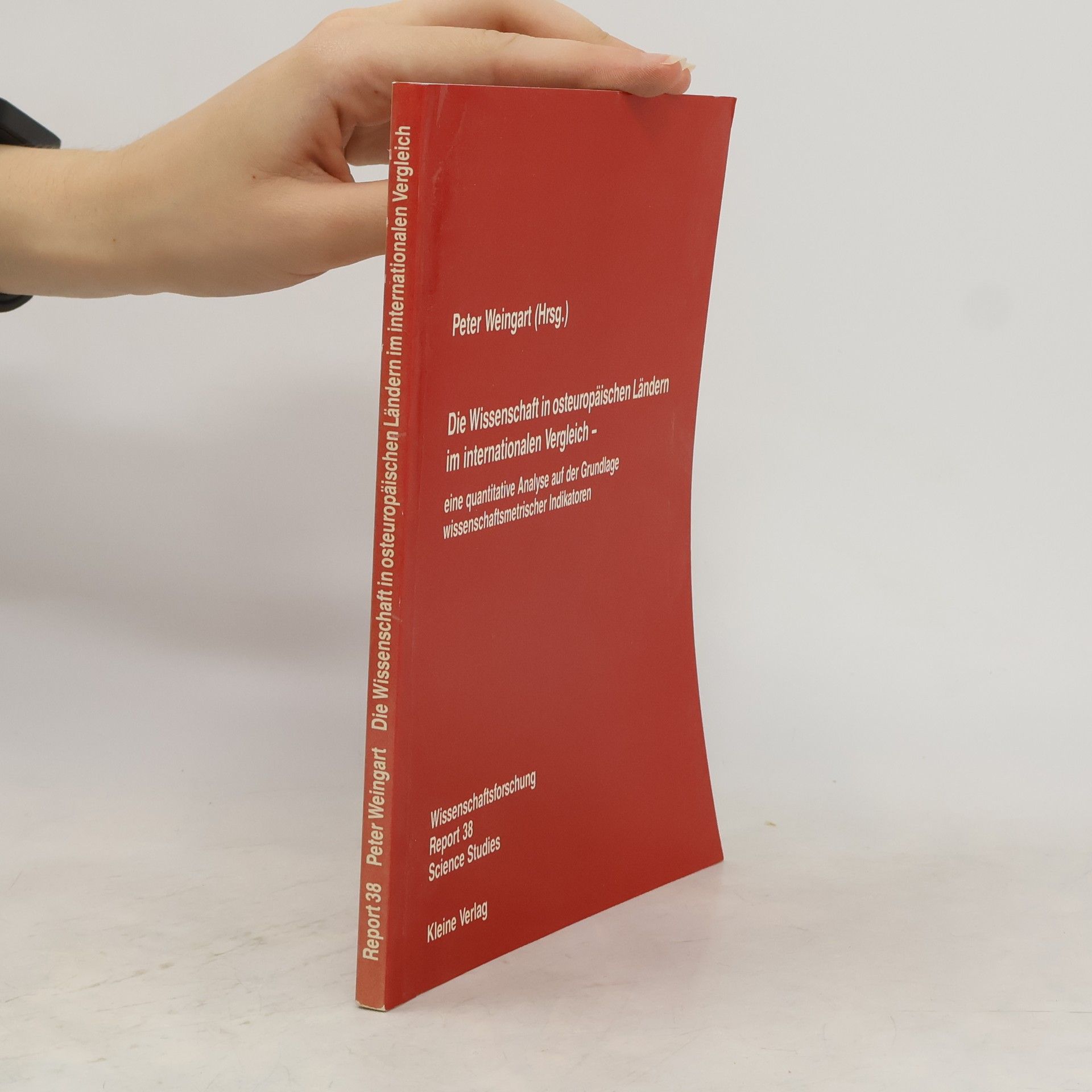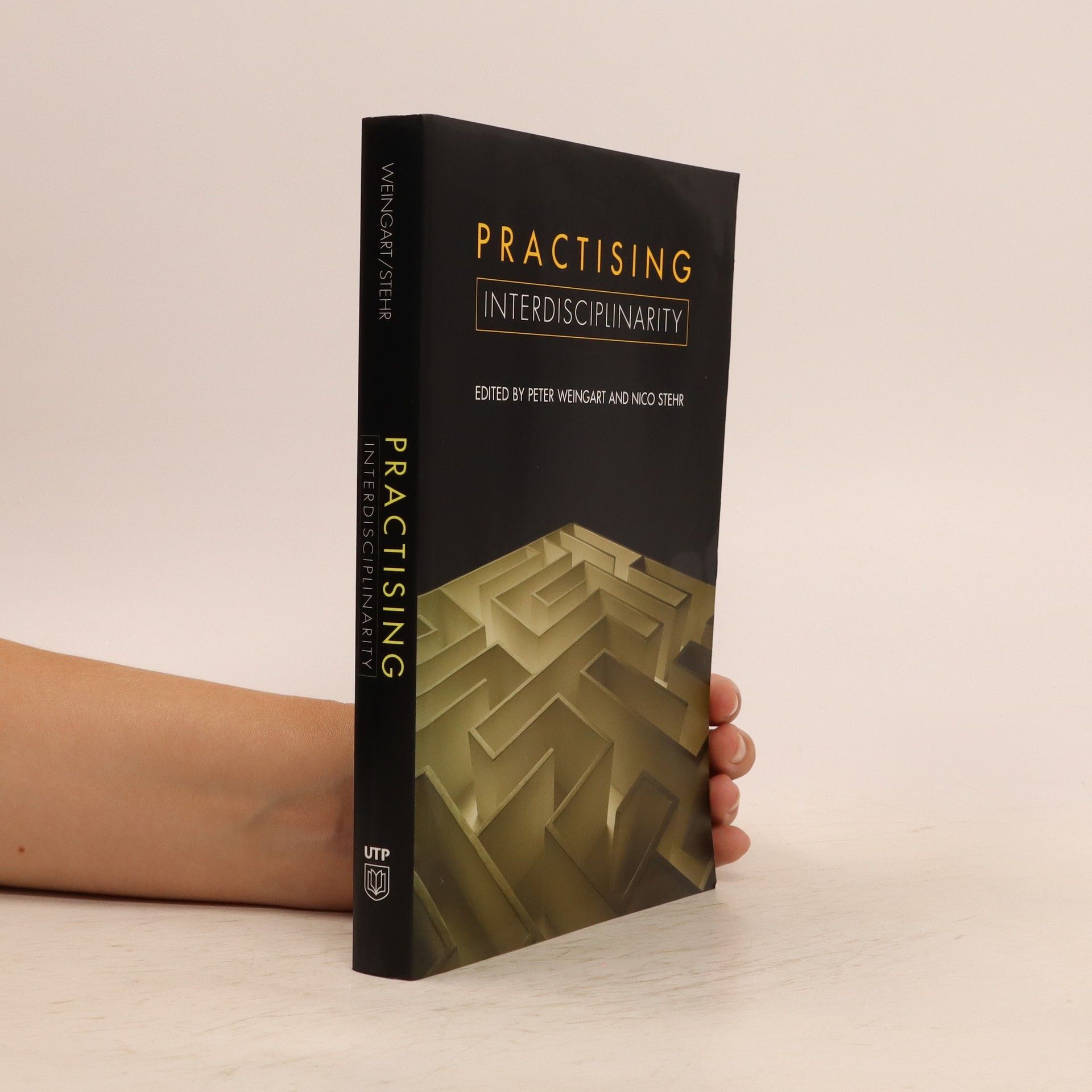Academic disciplines provide a framework for the transfer of knowledge from one generation to the next. Not only do they shape our education and understanding, they structure our professional lives. Interdisciplinarity, the reconfiguration of academic disciplines and the boundaries between them, has lately become a field of major interest to scholars and policy makers. This collection brings together the latest research and analysis from this emerging field. The editors take as their central thesis the idea that the existing matrix of disciplines is dissolving, leading to fundamental changes in the traditional order of knowledge. Contributors to the volume include specialists from Canada, Australia, Europe, and the United States who focus on the actual practice of interdisciplinarity: the ways in which it is researched, organized, and taught in institutes and universities around the world. The role of funding bodies is also considered, revealing the relationship and the delineation of disciplines and their resource bases. Together, the essays offer first-hand insights into the operations and successes of some of the world's foremost interdisciplinary research centres. In acquainting us with the current state of interdisciplinary research the volume also considers the social and economic contexts that make such research possible.
Peter Weingart Livres






The book explores the necessity of effective science communication, addressing concerns about the accessibility of scientific language and methods to the public. It examines the potential for citizen participation in scientific research and debates, advocating for a stronger relationship between science and society. The text raises critical questions about the responsibilities of scientists in engaging with the public and seeks to identify strategies for making complex scientific knowledge more intelligible and relatable.
Rasse, Blut und Gene
Geschichte der Eugenik und Rassenhygiene in Deutschland
- 746pages
- 27 heures de lecture
Thema dieser Studie ist die Geschichte der wissenschaftlichen Strategien der Menschenzüchtung und ihrer politischen Indienstnahme. Im Zentrum der Analyse steht die sogenannte Eugenik, die »Wissenschaft vom guten Erbe«, die in Deutschland vorwiegend als »Rassenhygiene« bezeichnet wurde und die die Vorläuferin der modernen Humangenetik war.
Wissenschaftssoziologie. Band 2
Determinanten wissenschaftlicher Entwicklung
AuszugDieses Buch erzählt die so unglaubliche wie groteske Geschichte des Ludwig Ferdinand Clauss, der sich selbst als „Rassenseelen- forscher“ bezeichnete, nach der Machtergreifung der National- sozialisten in Deutschland zum Erfolgsautor wurde - und der seine jüdische Mitarbeiterin Margarete Landé vor der Naziverfogung rettete. Diese hat dafür gesorgt, daß Clauss elf Jahre nach seinem Tod in der israelischen Holocaust-Gedenkstätte Yad Vashem als ein „Gerechter unter den Völkern“ geehrte wurde.
Mit diesem Band wird die erste quantitative und institutionelle Gesamterhebung der Entwicklung der Geisteswissenschaften an bundesdeutschen Universitäten seit Mitte der fünfziger Jahre vorgelegt. Sie umspannt einen Zeitraum von mehr als 30 Jahren, in denen sich aufgrund der Bildungsreform Ende der sechziger Jahre das Universitätssystem grundlegend verändert hat. Es ist nicht nur stark expandiert - die Zahl der geisteswissenschaftlichen Professuren stieg um etwa das Siebenfache -, sondern damit hat sich auch seine Funktion als Ausbildungsinstitution für eine schmale Führungselite zur Massenausbildungseinrichtung in einer demokratischen Gesellschaft verändert.



